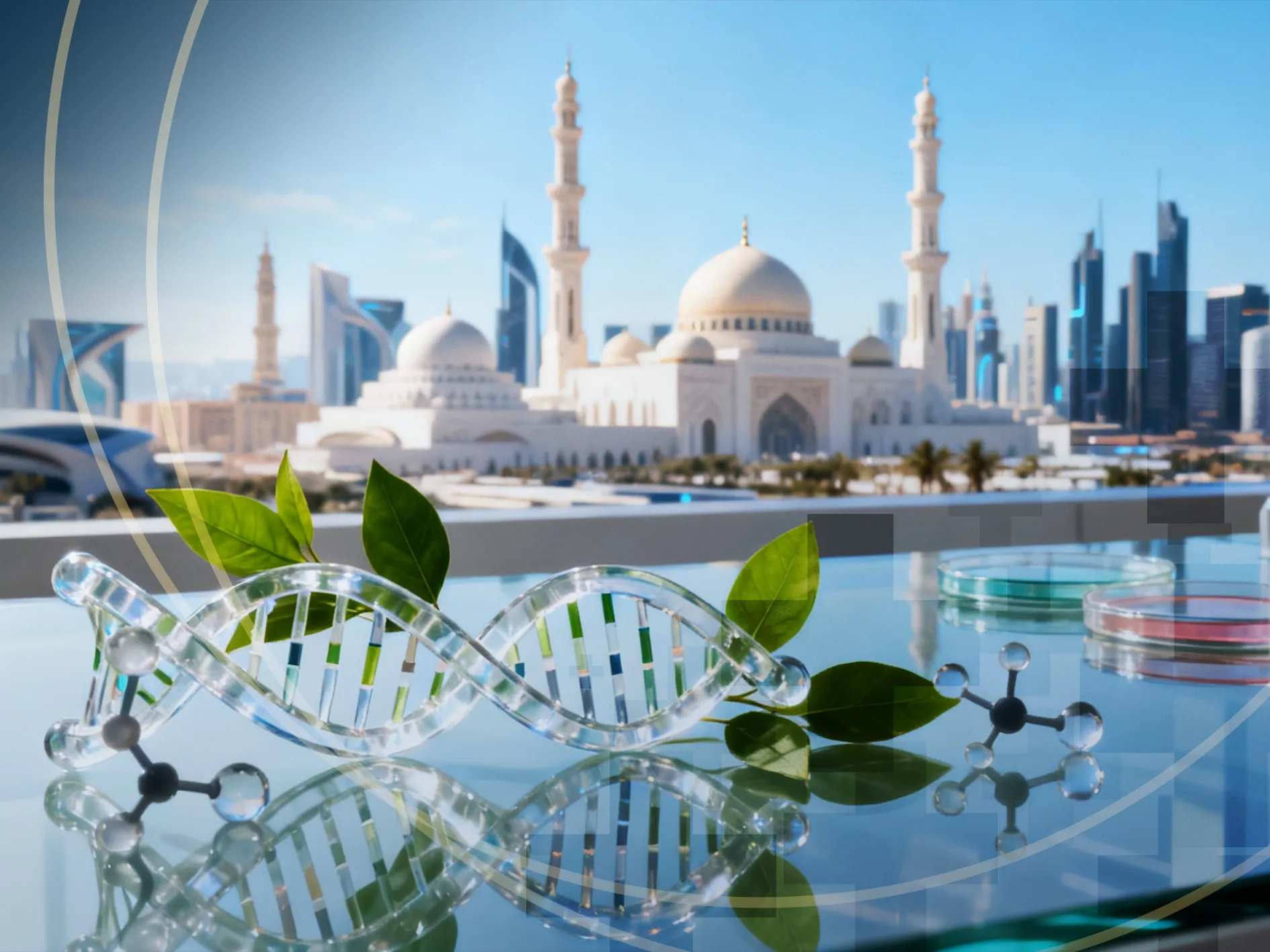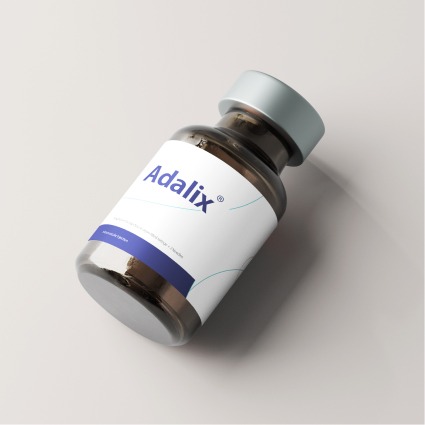Corporate Social Responsibility and Advanced Cellular Therapies in Oman and the MENA Region
Meta Description:
Corporate social responsibility (CSR) ensures that advanced therapies, such as CAR-T, are accessible, ethical, and sustainable in Oman and across the MENA region.
What are advanced cellular therapies?
Advanced cellular therapies, such as CAR-T therapy for blood cancers, are treatments that hold the transformative power to modify a patient’s own cells and fight disease.
Examples include:
- CAR-T (chimeric antigen receptor T-cells)
- NK-cell (natural killer cell) therapies
- Stem-cell–based regenerative approaches
These therapies are considered revolutionary because they move beyond chemical drugs to what are often referred to as ‘living medicines.’ This term signifies that these treatments, such as CAR-T therapy, do not attack the disease externally. Still, they harness the body’s own immune system, making the body itself a part of the treatment process. For Oman and the region, their relevance lies in offering solutions where conventional therapies fail.
Why are these therapies important for Oman and the MENA region?
They address rising cancer rates and provide options when standard treatments no longer work.
Key benefits:
- Life-saving alternatives for refractory cases
- Reduced dependency on overseas treatment
- More equitable access to modern medicine
The region is experiencing an epidemiological shift, with cancers and chronic diseases increasing. This shift is characterized by a transition from infectious diseases to non-communicable diseases, particularly cancer, which are now the leading causes of death in many countries. Without advanced therapies, patients who relapse after chemotherapy or transplantation face inferior outcomes. Local adoption ensures continuity of care, lowers the costs of medical travel, and strengthens health sovereignty.
What are the barriers to access?
High costs, infrastructure gaps, and reliance on overseas referrals remain significant barriers.
Challenges include:
- Expensive treatments and travel abroad
- Referral and visa delays
- Lack of local manufacturing facilities
- Limited long-term follow-up systems
These barriers create inequity: only wealthier families or those with strong support networks can realistically pursue advanced care. Without systemic solutions, disparities in survival outcomes will widen.
How does CSR apply to advanced medicine?
CSR refers to aligning corporate and institutional actions with community needs, extending beyond profit.
Core dimensions:
- Access and equity
- Capacity building
- Ethical and cultural engagement
- Environmental sustainability
In advanced medicine, CSR ensures that innovation is introduced responsibly — not as an elite privilege but as a shared social good. For Oman and the MENA region, this means embedding therapies into healthcare systems, training local professionals, and building trust with communities.
Why is CSR essential in this field?
It prevents advanced therapies from being accessible only to a privileged minority.
CSR ensures:
- Fair distribution of therapies
- Knowledge transfer to local systems
- Respect for cultural values
- Long-term resilience
Without CSR, cutting-edge medicine risks deepening inequality. With it, therapies can become tools for equity, knowledge creation, and sustainable healthcare transformation.
How can CSR improve access to advanced therapies?
CSR can lower costs and expand availability through fair pricing and partnerships.
Possible strategies:
- Tiered pricing models
- Patient support programs
- Public–private funding partnerships
- Local technology transfer
In Oman, where universal healthcare is highly valued but resources are limited, CSR can help ensure that access is not dictated by wealth or geography. This creates fairness while reducing the pressure on families who otherwise face financial collapse when seeking treatment abroad.
What role does CSR play in building local capacity?
CSR enables long-term independence by training people and establishing infrastructure.
Key contributions:
- Fellowships for physicians and scientists
- Collaborative clinical research
- GMP-standard labs and registries
- Nurse and staff training
This shift from dependency to autonomy means that Oman and MENA can evolve from being recipients of science to becoming contributors. CSR-driven capacity building ensures the sustainability of advanced therapies within national systems.
How does CSR support ethical and cultural engagement?
CSR ensures that therapies are introduced with transparency and community involvement.
Approaches include:
- Public education campaigns
- Clear communication of risks and benefits
- Patient representation in decision-making
- Respect for cultural and religious values
In the MENA region, cultural context is essential. CSR provides the framework for dialogue, making advanced therapies not only clinically acceptable but also socially legitimate.
Does CSR include environmental sustainability?
Yes — CSR must address both health and environmental impacts.
Key practices:
- Reducing laboratory waste
- Energy-efficient manufacturing
- Ethical sourcing of materials
Sustainability is a central component of national strategies across Oman and the MENA region. Linking advanced healthcare with environmental stewardship strengthens the credibility and long-term viability of these initiatives.
Why is regional collaboration essential?
Regional collaboration amplifies the impact of CSR, fosters solidarity, and avoids duplication, making the audience feel part of a collective effort to advance healthcare standards.
Benefits of regional cooperation:
- Shared training programs
- Harmonized regulations
- Collaborative data registries
- Regional hubs of excellence
Pooling resources across countries makes therapies more sustainable and fosters solidarity in advancing healthcare standards.
What socio-economic benefits does CSR bring?
CSR investments in health create long-term economic and social value.
Positive outcomes:
- Reduced premature mortality
- Lower dependency on foreign systems
- Growth of local biotech research
- Diversified national economies
By reducing productivity losses due to cancer and enhancing biomedical capacity, CSR initiatives contribute to both national resilience and regional competitiveness.
What policies can support CSR in advanced medicine?
Governments and institutions must create frameworks to guide CSR contributions.
Policy levers include:
- National CSR guidelines
- Transparent reporting standards
- Multi-stakeholder platforms
- Long-term, systemic commitments
Such policies ensure that CSR goes beyond philanthropy and becomes a structured contribution to healthcare systems.
How does CSR prepare the region for future therapies?
It lays the groundwork for adopting the next generation of innovations.
Future-ready areas:
- NK-cell and gene-editing therapies
- Off-the-shelf allogeneic products
- Integration with AI and precision medicine
By investing in people, systems, and ethics today, CSR ensures readiness for tomorrow’s breakthroughs. This prevents delays in adoption and aligns regional healthcare with global standards.
What is the bottom line?
CSR is essential for making advanced therapies equitable, sustainable, and trusted in Oman and the MENA region.
In summary:
- CSR bridges the gap between innovation and society.
- It ensures access, builds capacity, and respects ethics.
- It transforms therapies into public health assets, not exclusive technologies.
With CSR, advanced medicine becomes part of a fair, sustainable healthcare future for the region.

